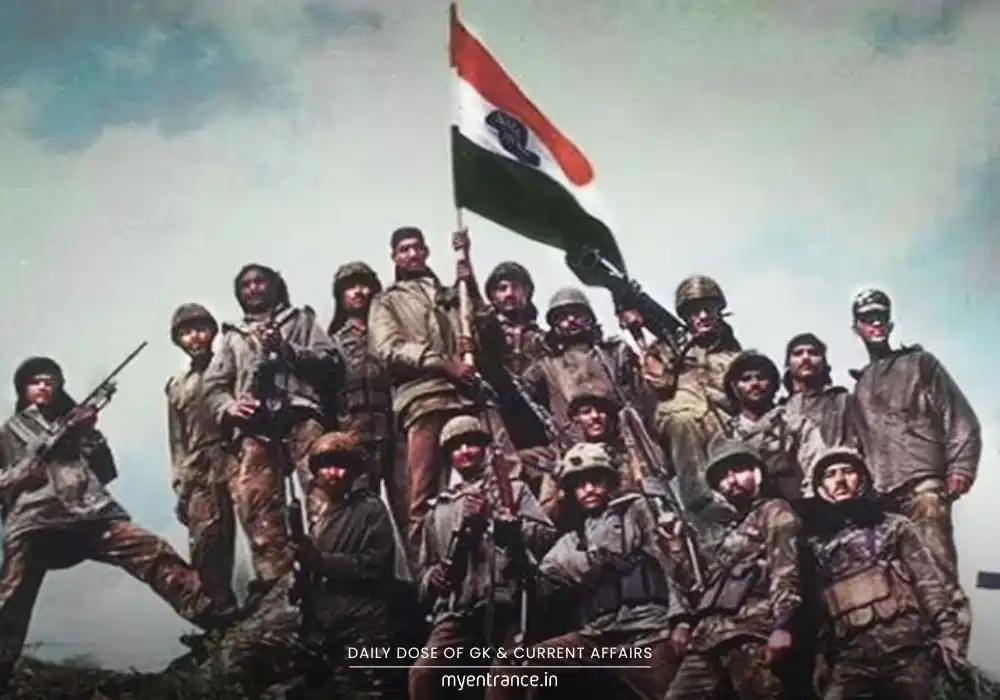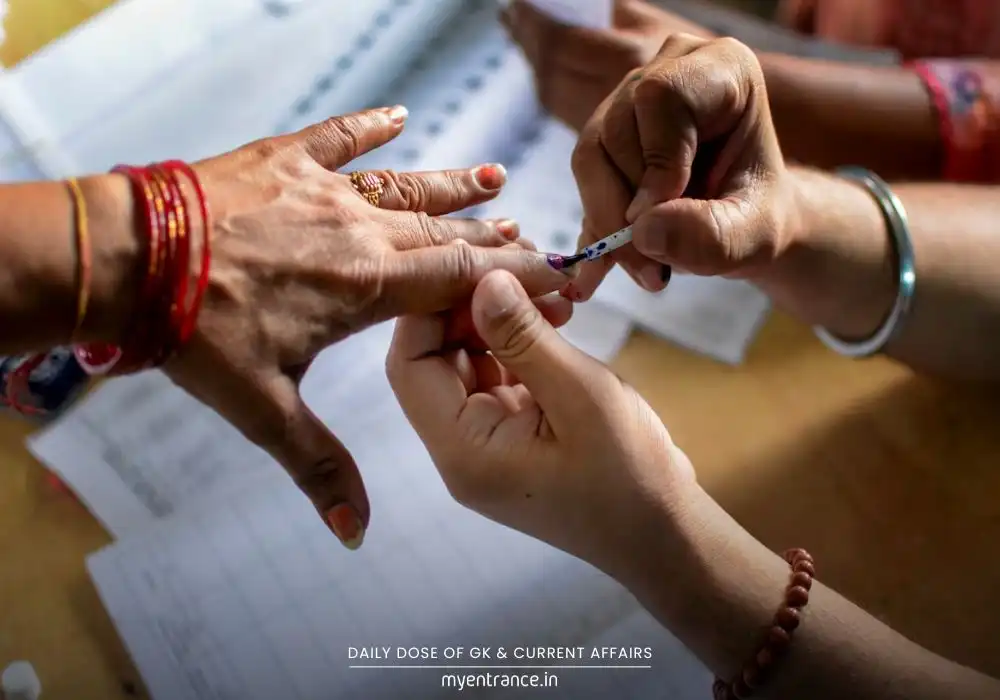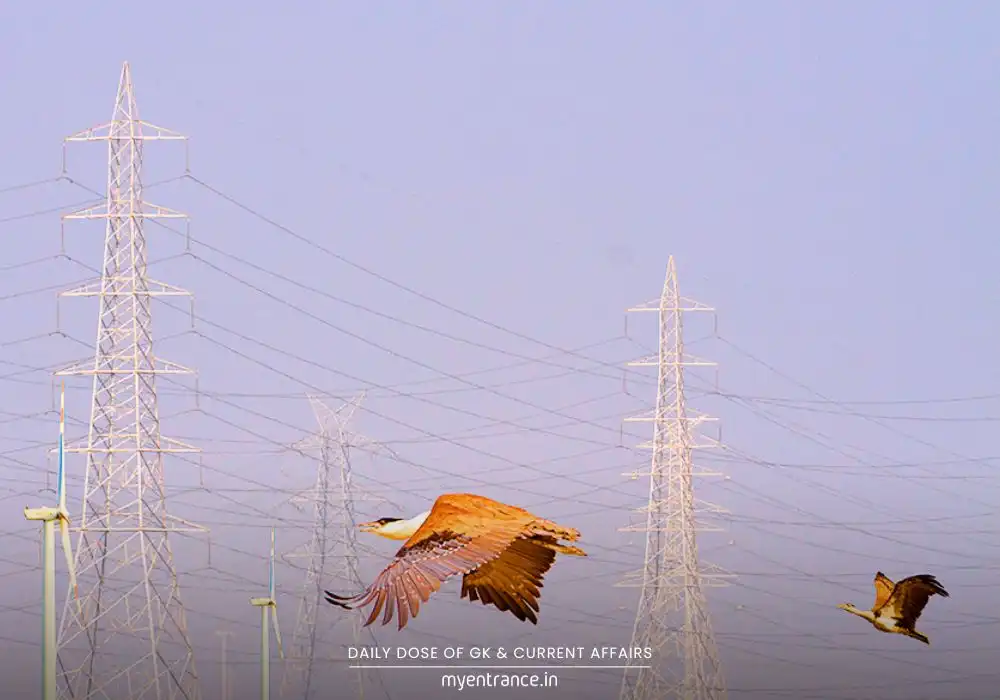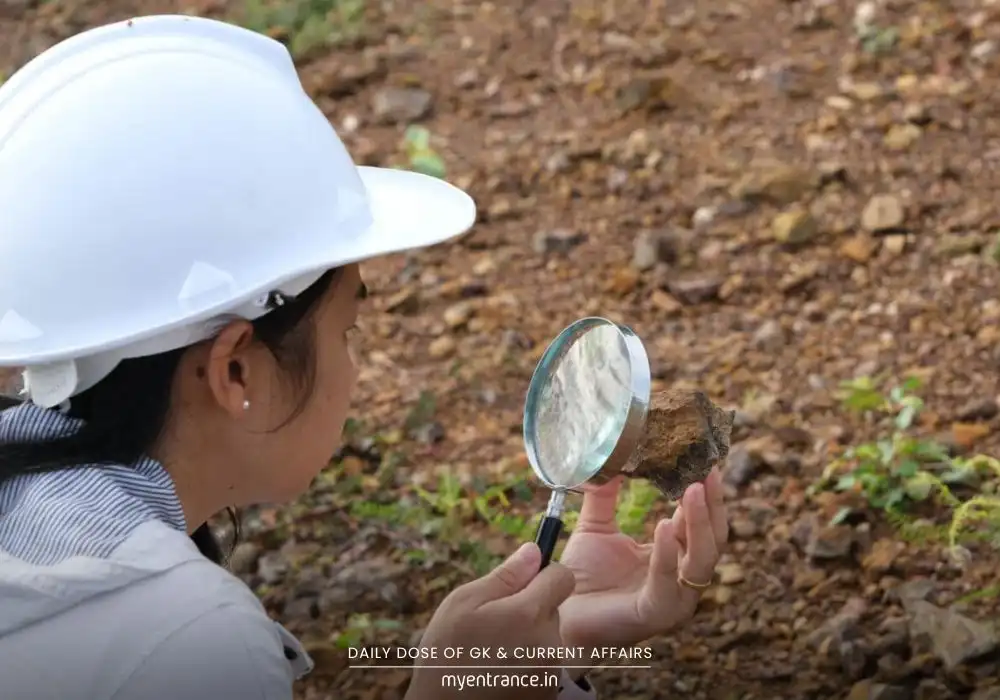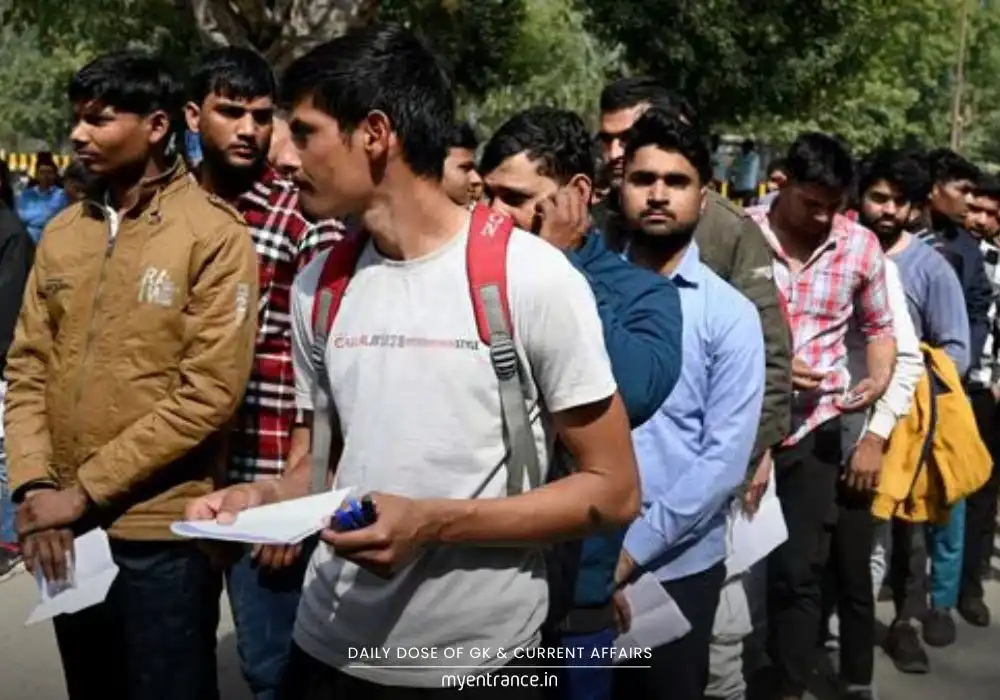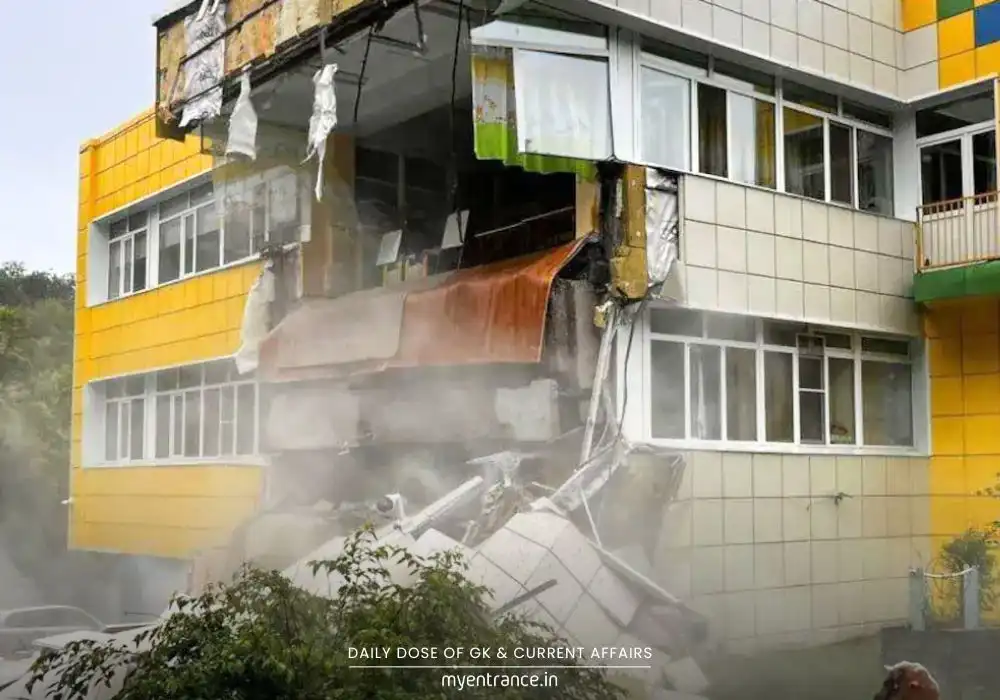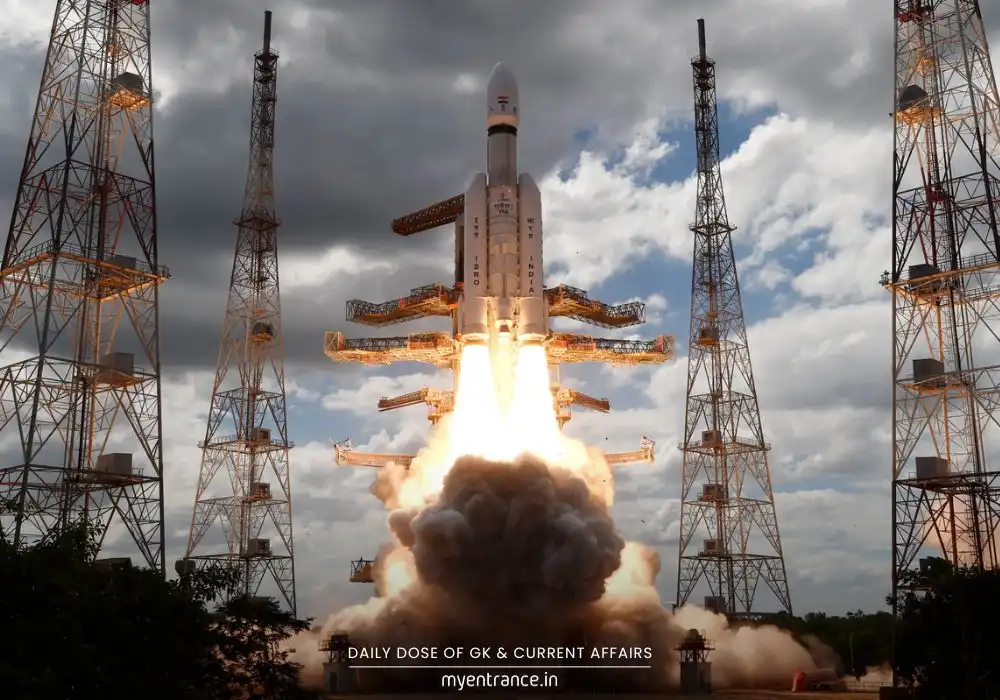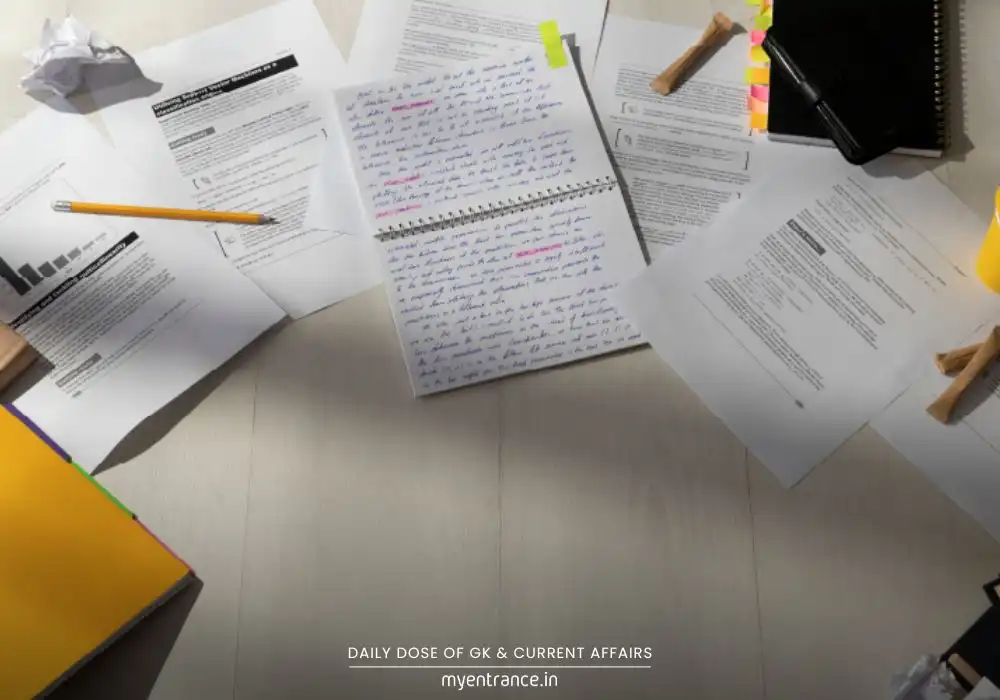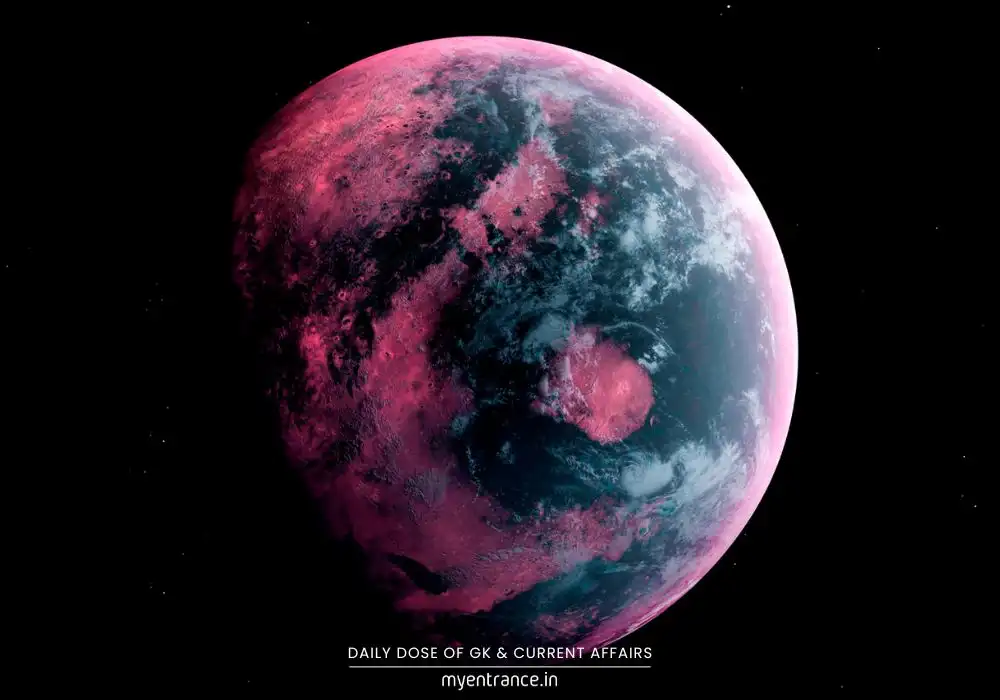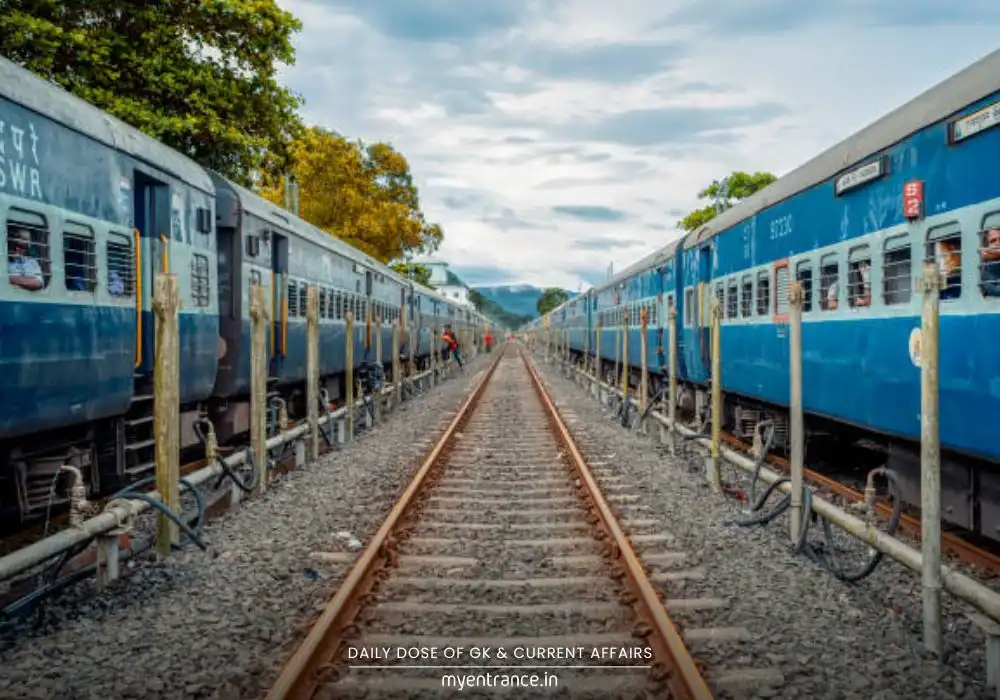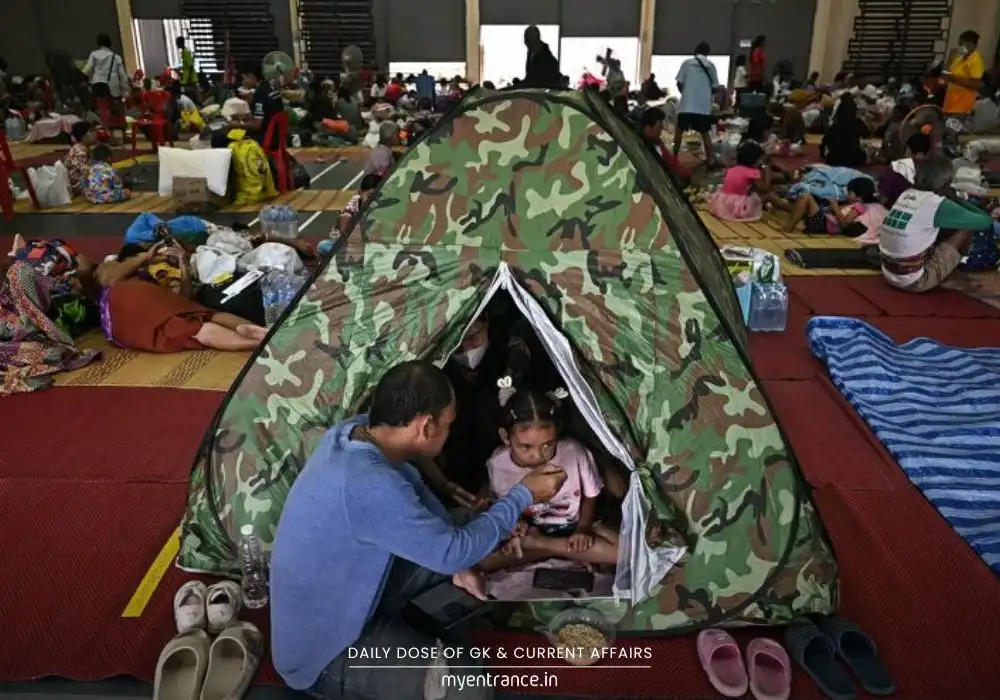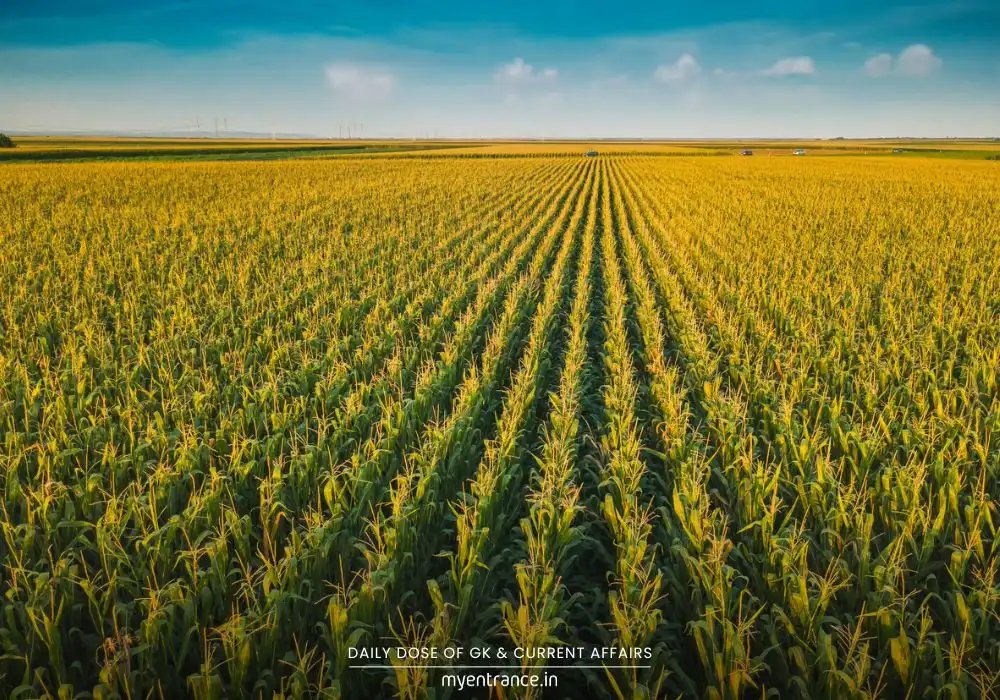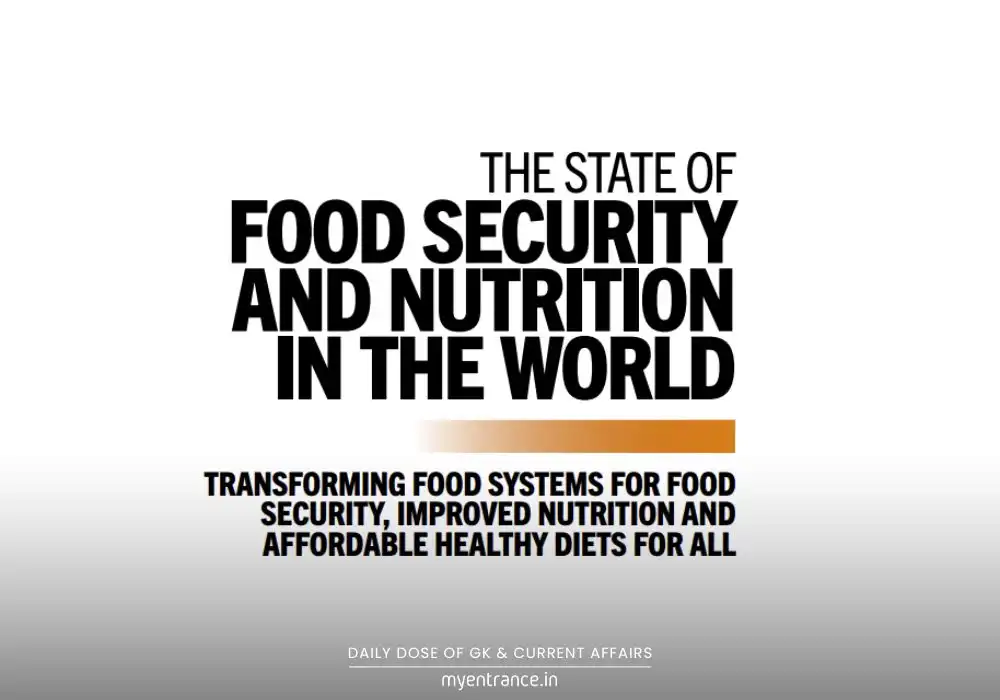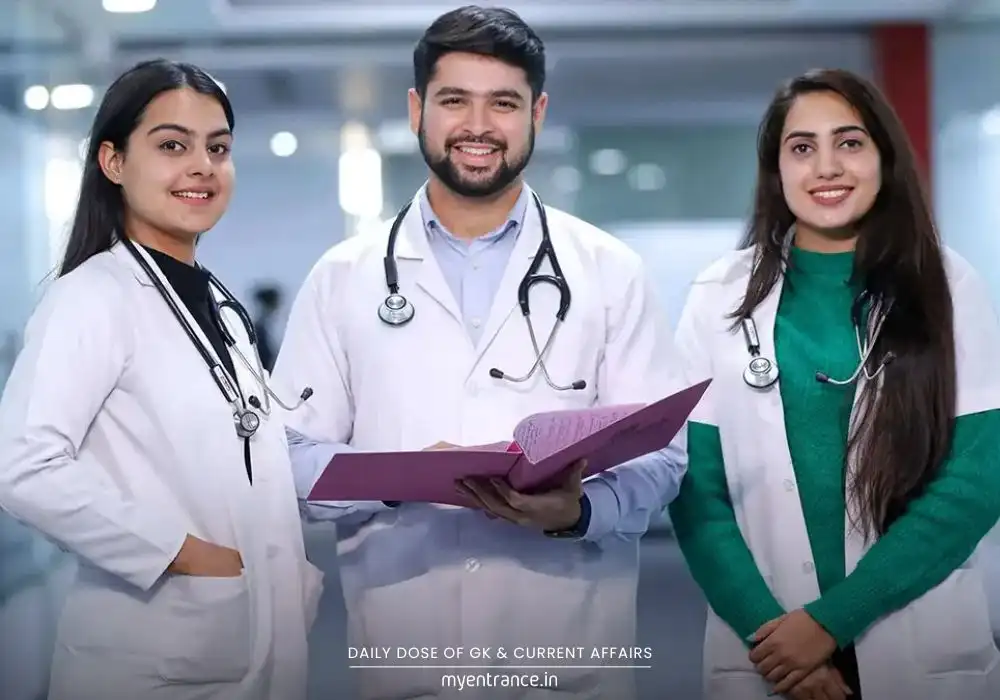Translate Language
Daily Current Affairs Quiz and Key Pointers: 30-07-2025
Today’s current affairs roundup includes geopolitical tensions over India’s travel advisory, the debate around India-UK trade terms, and the controversy over GM crop imports. We also analyze the 2025 SOFI hunger report, India’s defense upgrades with the Pralay missile, and Kerala’s wildlife adaptation. Plus, insights into Lord Meghnad Desai’s legacy.

1. India’s Border Tensions & Travel Advisory: Strategic Impact for SSC & UPSC
Recent border clashes have prompted India to issue travel advisories, signaling heightened geopolitical friction. This development is critical for aspirants, as it ties into India’s foreign policy, national security, and regional diplomacy. Understanding the underlying causes—territorial disputes, diplomatic standoffs, or economic sanctions—is vital for exams.
Q&A:
Q: Why did India issue a travel advisory related to border tensions?
A: To caution citizens about potential risks amid escalating geopolitical conflicts.
Q: How do border disputes impact India’s international relations?
A: They strain diplomatic ties and may lead to economic or military repercussions.
Q: Which exams frequently cover such geopolitical issues?
A: UPSC, SSC, and state PSCs often include questions on foreign affairs and security.
Read More: Border Conflict & Travel Advisory
2. India-UK Free Trade Agreement: Key Debates for UPSC Aspirants
The proposed India-UK FTA faces hurdles over carbon taxes and trade standards. While India seeks equitable terms, the UK’s push for environmental clauses could disadvantage Indian industries. This topic is crucial for exams, covering trade policies, climate diplomacy, and economic sovereignty.
Q&A:
Q: What is the major contention in the India-UK FTA negotiations?
A: The UK’s carbon tax proposal, which India views as discriminatory.
Q: How might the FTA impact India’s manufacturing sector?
A: Stricter environmental norms could raise production costs.
Q: Why is this relevant for UPSC aspirants?
A: It combines trade, climate change, and international relations—key UPSC themes.
Read More: India-UK FTA Analysis
3. GM Crop Imports in India: Balancing Food Security & Trade
India’s decision to allow GM crop imports sparks debates on food sovereignty versus trade liberalization. Proponents argue for technological benefits, while critics fear farmer exploitation and biodiversity loss. This issue is pivotal for exams focusing on agriculture, biotechnology, and policymaking.
Q&A:
Q: Why is India’s GM crop policy controversial?
A: It raises concerns about corporate control over seeds and ecological harm.
Q: What are the potential benefits of GM crops?
A: Higher yields and pest resistance, but with long-term risks.
Q: Which exams cover agricultural biotechnology?
A: UPSC, SSC, and state agricultural exams frequently include such topics.
Read More: GM Crop Import Debate
4. Global Hunger Crisis 2025: Key Findings from SOFI Report for UPSC & SSC
The 2025 State of Food Security and Nutrition (SOFI) report reveals alarming hunger trends, with Africa and Asia bearing the brunt. Climate shocks, conflicts, and economic instability have worsened food insecurity, affecting millions. For competitive exams, this report is crucial for questions on global hunger indices, sustainable development goals (SDGs), and India’s food security programs.
Q&A:
Q: Which regions are most affected by hunger according to the 2025 SOFI report?
A: Sub-Saharan Africa and South Asia face the highest levels of food insecurity.
Q: What are the primary causes of the worsening global hunger crisis?
A: Climate change, armed conflicts, and economic downturns are major contributors.
Q: How does this report relate to India’s food security policies?
A: It highlights the need for stronger PDS (Public Distribution System) and climate-resilient agriculture.
Read More: 2025 SOFI Hunger Report
5. Pralay Missile – A Game-Changer for India’s Defense Strategy
India’s indigenously developed Pralay missile is a significant leap in defense capabilities, offering precision strikes up to 500 km. Designed to evade enemy air defenses, it strengthens India’s deterrence against regional threats. This topic is vital for exams covering defense technology, Atmanirbhar Bharat, and India’s missile program.
Q&A:
Q: What makes the Pralay missile strategically important for India?
A: Its ability to carry conventional warheads and penetrate enemy defenses enhances India’s offensive and defensive capabilities.
Q: How does Pralay support the ‘Atmanirbhar Bharat’ initiative?
A: It is entirely indigenous, reducing reliance on foreign defense imports.
Q: Which exams frequently ask about India’s missile systems?
A: UPSC (GS-III), CAPF, CDS, and state PSC exams often include defense-related questions.
Read More: Pralay Missile – India’s Defense Boost
6. Kudankulam Transmission Project – Boosting India’s Clean Energy Goals
Prime Minister Narendra Modi recently inaugurated PowerGrid’s Kudankulam transmission project, enhancing power evacuation from Tamil Nadu’s nuclear plant. This project supports India’s renewable energy targets and grid stability. Important for exams covering energy infrastructure, nuclear power, and sustainable development.
Q&A:
Q: What is the significance of the Kudankulam transmission project?
A: It ensures efficient power distribution from the Kudankulam nuclear plant, reducing transmission losses.
Q: How does this align with India’s clean energy commitments?
A: It supports non-fossil fuel energy, crucial for India’s 500 GW renewable target by 2030.
Q: Which government schemes promote such energy projects?
A: Schemes like the Green Energy Corridor and PM-KUSUM focus on renewable integration.
Read More: Kudankulam Transmission Project
7. NISAR Satellite – A Leap in Indo-US Space Collaboration
The NASA-ISRO Synthetic Aperture Radar (NISAR) satellite, set for a 2025 launch, will monitor Earth’s ecosystems, glaciers, and natural disasters with unprecedented precision. This joint mission highlights India’s growing space capabilities and international partnerships—key for exams on science & technology.
Q&A:
Q: What is the primary purpose of the NISAR satellite?
A: To study climate change, deforestation, and seismic activities using advanced radar imaging.
Q: Why is NISAR significant for India’s space program?
A: It showcases ISRO’s collaboration with NASA, enhancing India’s global standing in space tech.
Q: Which exams prioritize space technology topics?
A: UPSC (GS-III), SSC (General Awareness), and state engineering exams.
Read More: NISAR Satellite – Features & Importance
8. ICGS Atal – Strengthening India’s Coastal Security
The Indian Coast Guard’s new fast patrol vessel, ‘Atal,’ enhances maritime surveillance and anti-smuggling operations. Built indigenously, it reflects India’s self-reliance in defense manufacturing. Crucial for exams on internal security, coastal defense, and ‘Make in India.’
Q&A:
Q: What role will ICGS Atal play in India’s security?
A: It will patrol exclusive economic zones (EEZs), combat piracy, and assist in search-and-rescue missions.
Q: How does this vessel support ‘Atmanirbhar Bharat’?
A: It is entirely manufactured in India, reducing foreign dependency.
Q: Which exams focus on India’s defense indigenization?
A: UPSC (GS-III), CAPF, and CDS.
Read More: ICGS Atal – Fast Patrol Vessel
9. Why Meghalaya Faces a Rainfall Crisis in 2025?
Meghalaya, typically one of India’s wettest regions, is experiencing an unusual rainfall deficit due to shifting monsoon patterns and deforestation. This environmental issue is critical for exams on climate change, NE geography, and disaster management.
Q&A:
Q: What factors contributed to Meghalaya’s rainfall deficit?
A: El Niño effects, deforestation, and changing monsoon dynamics.
Q: How does this impact local agriculture?
A: Crop failures and water scarcity threaten livelihoods.
Q: Which exams cover NE-specific environmental issues?
A: UPSC (GS-I & III), state PSCs, and IFoS.
Read More: Meghalaya’s Rainfall Deficit
10. Golden Jackals in Kerala – Climate Adaptation Under Threat
Golden jackals in Kerala are shifting habitats due to urban encroachment and climate change, raising concerns about wildlife conservation. This topic is relevant for exams on ecology, biodiversity, and environmental policies.
Q&A:
Q: Why are golden jackals migrating in Kerala?
A: Habitat loss and human-wildlife conflicts force them to adapt.
Q: What conservation measures are needed?
A: Protected corridors and stricter anti-poaching laws.
Q: Which exams include wildlife conservation topics?
A: UPSC (GS-III), IFoS, and state forest exams.
Read More: Kerala’s Golden Jackals
11. Remembering Lord Meghnad Desai – Economist & Diplomat
Lord Meghnad Desai, a renowned economist, played a pivotal role in shaping India-UK economic relations. His work on development economics and globalization makes him a key figure for exams on international economics and modern history.
Q&A:
Q: What were Lord Desai’s major contributions to economics?
A: Research on poverty, globalization, and India’s economic reforms.
Q: How did he influence India-UK ties?
A: By advocating for stronger trade and academic collaborations.
Q: Which exams cover notable economists?
A: UPSC (GS-I & III), RBI Grade B, and UGC NET.
Read More: Lord Meghnad Desai’s Legacy
Get 3 Months Free Access for SSC, PSC, NIFT & NID
Boost your exam prep!
Use offer code WELCOME28 to get 3 months free subscription. Start preparing today!
